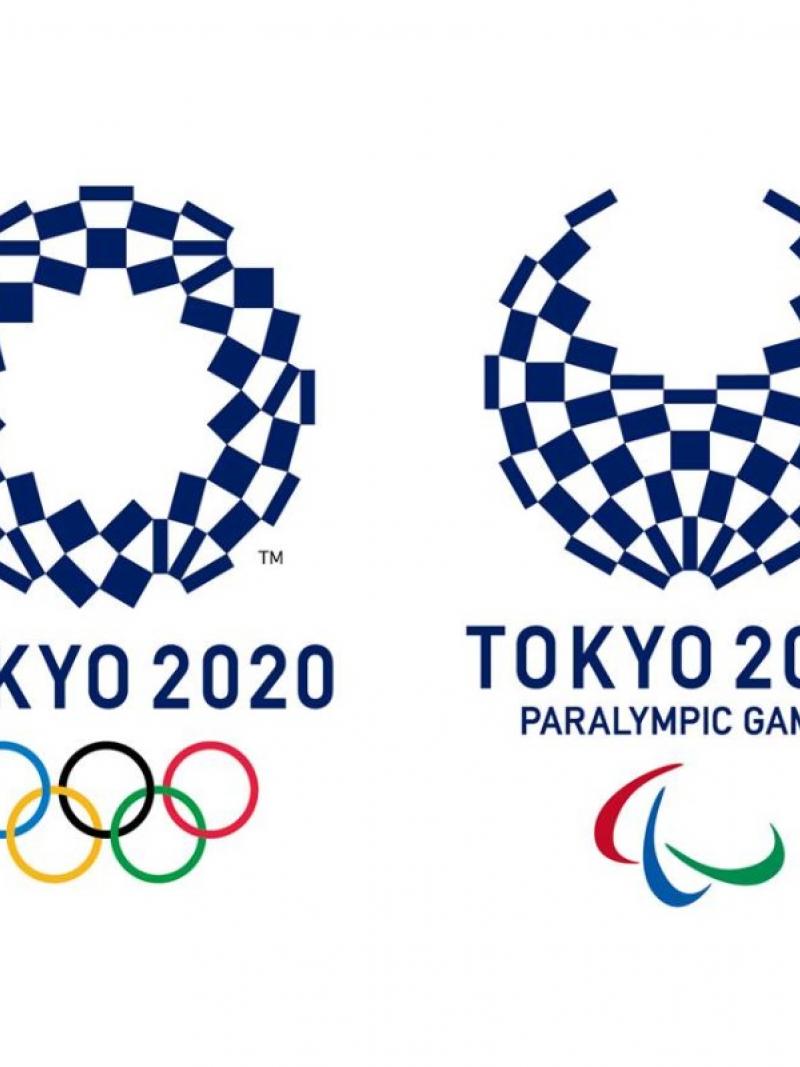Tokyo 2020 dance brings generations together
Festival held in Iwaki City featuring Japanese song for the Games. 16 Aug 2017
Children and adults joined in the dance for the official Tokyo 2020 song in Iwaki City.
Members of the Tokyo Organising Committee of the Olympic and Paralympic Games (Tokyo 2020) joined a traditional summer o-bon dance festival in Iwaki City in Fukushima on 14 August. The festival featured the new dance performance created for the revamped version of the Tokyo Gorin Ondo song – the first time it has been performed in the area affected by the 2011 Great East Japan Earthquake. Many people from the community turned up to the festival to learn the new dance.
This is the 63rd year that the Iwaki o-bon dance festival has been held. In the aftermath of the 2011 earthquake and tsunami, the city welcomed and hosted many people who had to evacuate from their hometowns and who eventually settled there. Even during those difficult times, people in the community continued holding their o-bon summer dance festivals to lift the spirits of the people.
Sueko Niizuma, a veteran member of the festival’s historical music band, commented: “The new dance is a little challenging for those of us from the older generation. I remember the song well from the previous Tokyo Olympics. The melody is the same and the lyrics are similar, but this new version is more upbeat and the choreography is much more complex.
“But the kids, they are amazing. They learned the whole dance so quickly, and they love it now. I will practice the new dance during the next three years until 2020, and will continue teaching the kids the origin of the Japanese o-bon tradition.”
Nine-year-old student Yuka Tsunoda commented: “The dance was really difficult but it was fun because we all danced altogether.”
Takeru Watanabe, a six-year-old dancer, added: “I practiced it so many times with my family! My favourite part is where we draw the figures 2-0-2-0 with our hands. It’s the easiest part.”
O-bon is a Japanese traditional festival honouring the spirits of one’s ancestors. During the o-bon season, usually in the middle of August, people go back to their hometowns, visit their ancestors’ graves and get together with family members.
 Facebook
Facebook
 Instagram
Instagram
 Twitter
Twitter
 Youtube
Youtube




